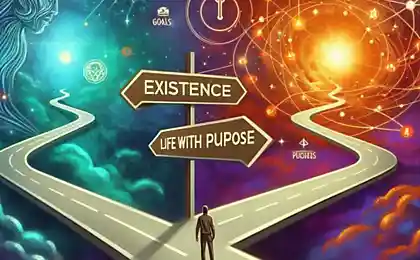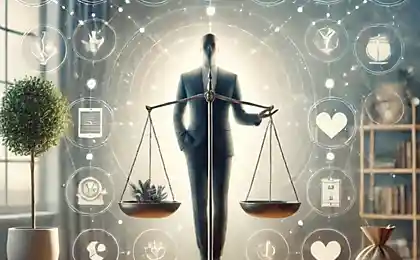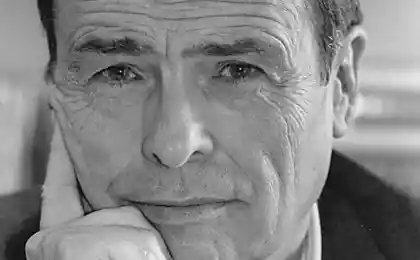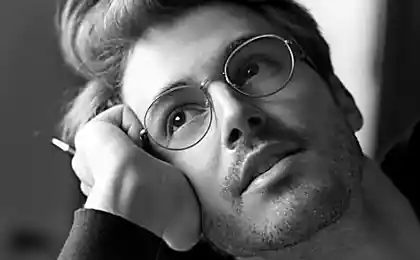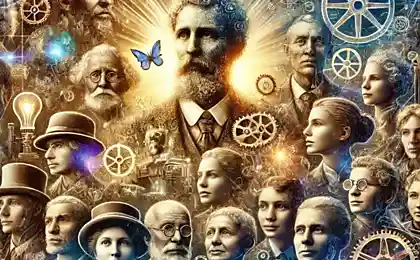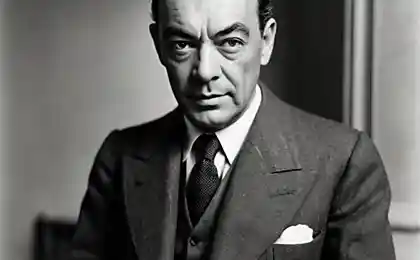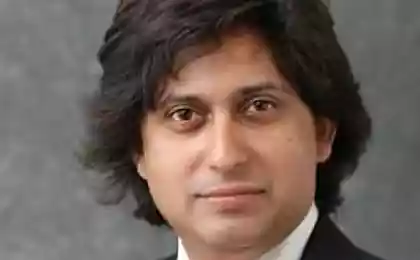10
6 important questions about your life that no one asks

Life is an endless series of questions and answers. But the paradox is that we almost never ask ourselves the most important questions. Immersed in the routine of consuming content and making automated decisions, we lose touch with what really matters. It's time to fix it.
Modern man lives in autopilot mode. We perform routine actions mechanically, rarely stopping for deep introspection. According to neuropsychologists, up to 95% of our daily decisions are made subconsciously. But what if the remaining 5% holds the key to true happiness?
1. How free are you really?
Freedom is not an abstract concept, but a measurable quantity. Psychologists distinguish three main types of freedom, each of which can be evaluated by specific criteria.

Express Freedom Test: Imagine that tomorrow you decide to go on a trip for a month. What will become the main obstacle – money, work obligations or the need to coordinate plans with loved ones? The answer will tell you what kind of freedom you have.
Physical freedom
Ability to move in space without external constraints. In the age of globalization, this seems like a given, but the reality is more complicated. Visa regimes, financial restrictions, family obligations are all invisible boundaries of our mobility.
Economic freedom
The level of satisfaction with consumption relative to your true needs. The paradox is that the more we earn, the higher our demands become. Research shows that income happiness only rises to a certain point — about $75,000 a year for Americans.
Emotional freedom
The most difficult to measure, but critically important type. It is the ability to be yourself in a relationship without sacrificing authenticity for social approval.
True freedom begins where the fear of being misunderstood ends.
2. Why are you unhappy?
The question sounds provocative, but the statistics are inexorable: according to the World Health Organization, more than 300 million people in the world suffer from depression. The reasons lie not in objective circumstances, but in the loss of connection with one’s own desires.
Society imposes on us the idea that the pursuit of personal happiness is a manifestation of selfishness. Since childhood, we hear: “Live for others”, “Don’t think only about yourself”. The result? We forget what we really want.
Exercise "Archaeology of desires": Take a piece of paper and in 10 minutes write down everything that comes to mind when the question “What do I want?” Don't filter, don't evaluate, just fix. Then pick out the 3 most powerful desires and think: When was the last time you took concrete steps to implement them?
3. What do you really want to do?
Most people enter the profession by accident. First, parents choose a university, then we get the first job, and life turns into an endless list of monotonous quests.

Research shows that only 13% of employees worldwide feel engaged in their work. The remaining 87% are simply serving their duty.
- Remember childhood dreams: What did you dream about when you were 10 or 12? Often in children's fantasies hidden seeds of true inclinations.
- Analyze envy: When you read about other people’s successes, what makes you most angry or envious? This is an indicator of repressed desires.
- Track the energy spikes: At what moments do you feel a surge of strength and inspiration? These states indicate activities that really suit you.
4. Do you have any real friends left?
With age, the circle of communication inevitably narrows. According to research by psychologist Robin Dunbar, after age 25, a person loses an average of 2 close friends every 7 years. Moving, career, family are all natural causes. But it's important to understand the difference between "I don't need friends" and "I'm not worthy of friendship."
Loneliness is not the number of people around you, but the quality of the connections you have with them.
Some signs that the problem is in you, not the circumstances:
- Friends disappear after conflicts you don't remember or think are insignificant
- You are rarely invited to events, although you consider yourself sociable.
- Conversations with people often end in arguments or misunderstandings.
- You feel like you always have to “play a role” to like it.
5. How much time do you have left?
This question sounds bleak, but it is critical to prioritizing it properly. The phenomenon of time acceleration with age is not a psychological illusion, but a reality of perception.
At 15, a year is 1/15 of your life. At 30, it's 1/30. The older we get, the smaller our share of experience is each new period. Hence the feeling that time is accelerating.
The "Temporary Inventory" technique: Calculate how many years you have left before the expected end of your active life (for example, 75 years). Divide this number by the number of your main goals. It will be an approximate time that you can devote to each of them. Shockingly little, right?
6. What's the most important thing in your life?
The last and most difficult question. Answer quickly without thinking, the first thing that comes to mind. This will be true, perhaps uncomfortable or even frightening.
Many people claim that they do not have the main thing in life, but it is usually an attempt to avoid being unoriginal. In fact, everyone has the most important thing – we are just afraid to admit it.
Your “most important” is not what you declare publicly, but what you are willing to sacrifice time, energy and comfort for.
Conclusion: From questions to actions
These six questions are not philosophical exercises, but practical tools of self-diagnosis. They help identify pain points and growth areas in your life. Remember, the main thing is not to give the “right” answers, but to start an honest dialogue with yourself.
Life is too short to spend on autopilot. Start asking yourself these questions regularly and you will see how the quality of your decisions, and therefore of your life, changes.
Glossary
Autopilot consciousness is a state in which a person acts according to learned patterns, not including critical thinking and awareness.
Emotional freedom is the ability to express one’s true feelings and needs without fear of rejection or social judgment.
The phenomenon of time acceleration is a psychological phenomenon in which with age time is subjectively perceived as flowing faster.
Authenticity is the correspondence of a person’s external manifestations to his inner beliefs, values and desires.
Self-diagnosis is the process of consciously analyzing one’s own thoughts, emotions, behaviors, and life patterns.
A hierarchy of values and goals that determines the distribution of time, energy and resources.
7 reasons for emotional stinginess and how to turn it into generosity
How to Stop Worrying About What Your Partner Will Think of You






